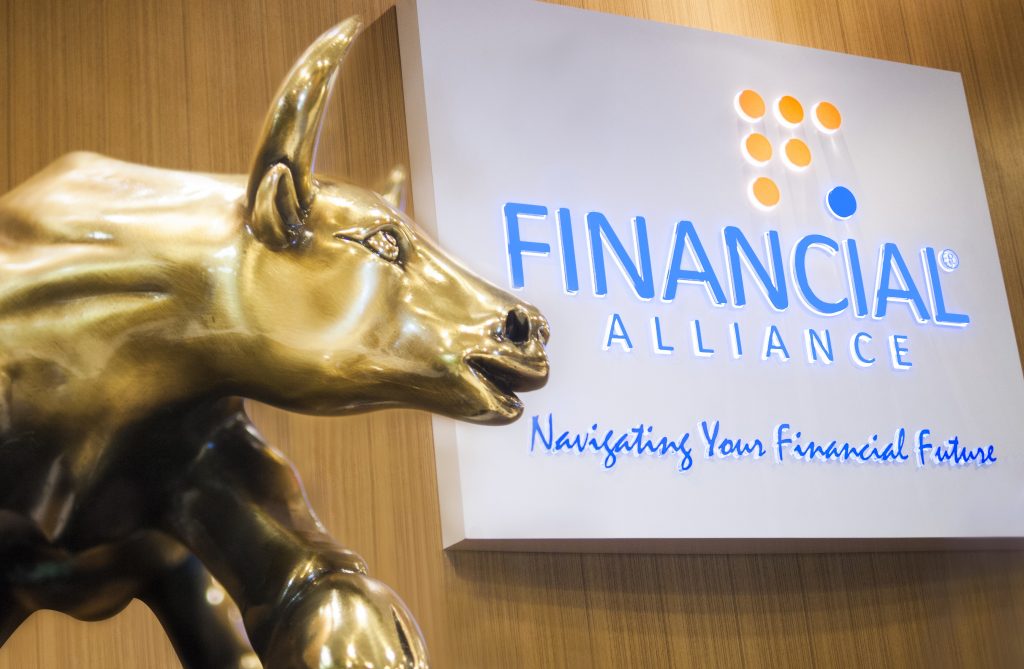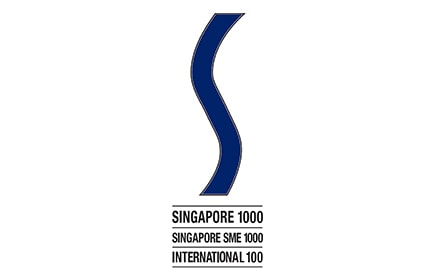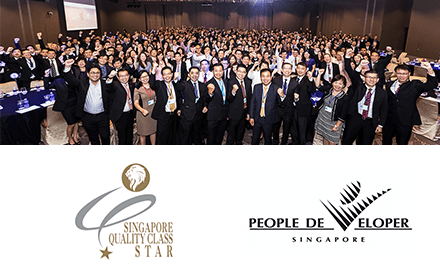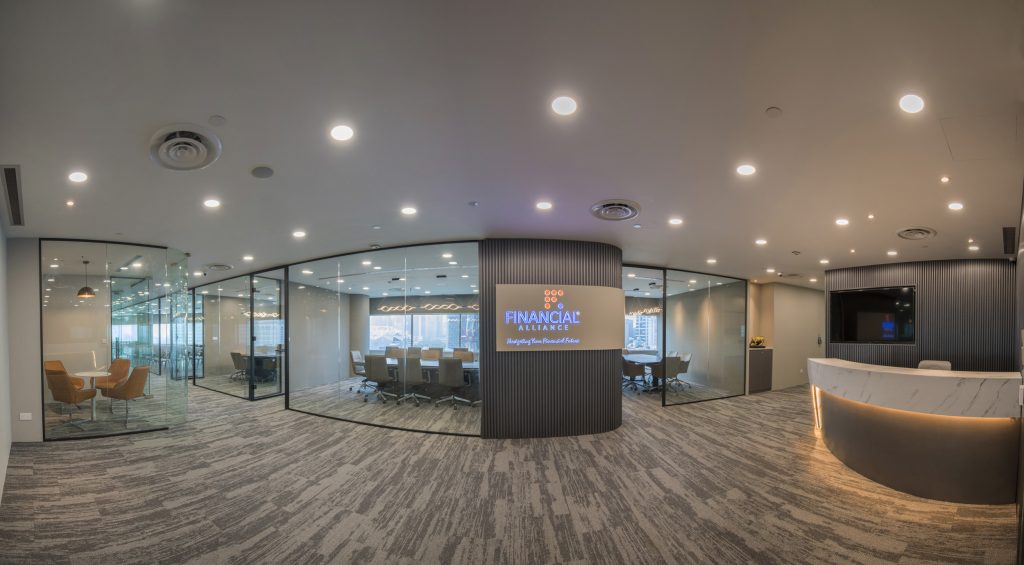Contributed by Sani Hamid, Wealth Management Director, Financial Alliance Pte Ltd
(The contributor can be contacted at sanihamid@fa.sg) This article is a concise version of a report released Feb 7
At the start of the year, there was growing evidence that 2020 could start off on a positive note economically relative to the experience of 2019. Signs were emerging of what seemed to be better times ahead as some global macroeconomic data were actually showing signs of stabilization after months of deterioration. For example, in late 2019 and early 2020, we were seeing headlines such as “Singapore manufacturing back in expansion mode after 7-month slump”1 and “Signs of a global recovery in manufacturing are starting to show”2. Even the IMF’s January 9, 2020 World Economic Outlook publication was titled “Tentative Stabilization, Sluggish Recovery?”.3
However, the outbreak of the novel coronavirus (2019 nCoV) has negated this view and instead put the world on a global recession alert. In our view, its impact and fallout are likely to reverberate throughout 2020. The major economic risk emanating from this outbreak relates to the shutdown risk that is presently occurring and expected to increase further in the weeks – and potentially months – ahead.
Shutdown Risk
As with other virus outbreaks, a major risk to the economy stems from what is deemed as the shutdown risk. This risk comes in many forms, ranging from absenteeism as staff fall sick and people voluntarily stay home in fear of contracting the virus to companies shutting down temporarily to the mandatory quarantine imposed by the authorities, which could bring economic activity to a halt. In many of the recent outbreaks such as SARS and H1N1, we have experienced the former two but never the latter except maybe on a very small scale. For example, authorities in Hong Kong quarantined an entire residential block with 200 of its residents in 2003 because of SARS.
Thus, what makes the 2019-nCoV unique is the unprecedented level of shut down across the globe it is causing. In some cases, we have seen countries effectively close their borders to anyone who has visited China. In China itself, there has been a mass quarantine of nearly 50 million people in more than a dozen cities, the biggest lockdown of its kind in history. In addition, the Lunar New Year holidays have been extended to February 10 across many parts of China, which means businesses and factories remain closed for an additional week in an effort to fight the spread of the virus. In total, it is estimated that these provinces had contributed 69% of China’s gross domestic product in 2019 4
Worries are also now emerging on the potential impact of this on-going crisis on the already fragile Chinese and global economy, which has been struggling to stay afloat. Increasingly, it is hard to see how China can hold the supposedly sacrosanct 6% GDP growth level, having posted a “barely above water” 6.1% in 2019, the slowest in 29 years.
Other countries are unlikely to fare much better as they have to deal with the double whammy of their own shutdown risks and the expected slowdown in the Chinese economy. On a sectorial level, the travel bans by numerous countries on Chinese tourists have already decimated the travel industry. Globally airlines are now expected to suffer the most as passengers avoid travelling, whether voluntarily or due to restrictions imposed. And the impact on the global supply chain is only starting to be felt – Hyundai has been forced to stop production in its South Korean plants while Airbus has similarly done so at its Tianjin facility5. This is not to mention the disruption to global shipping as China is the home to seven of the world’s 10 busiest container ports5.
Effectively, the shutdown risk has erased any green shoots that may suggest the manufacturing recession was coming to an end or at the very least, stabilizing. Instead, now we have to worry about the consumer who has effectively been the primary engine of growth for the past two years. With discretionary spending expected to be hit hard, coupled with the uncertain economic impact from the crisis, consumer confidence and spending could collapse, leaving the global economy in a free-fall.
But markets don’t seem to be overly concerned?
We believe that the lack of market reaction is because it is underestimating the shutdown risk. The market is presently using the SARS outbreak as the benchmark to compare the present 2019-nCoV with. And by doing so, expectations for both the number of those infected and deaths are grossly underestimated. On the other hand, we believe there is growing evidence that the 2019-nCoV resembles more of the H1N1 Pandemic of 2009 or even the seasonal influenza, rather than SARS.
With a significantly higher infection rate, albeit lower mortality, what the 2019-nCoV will cause is a very large number of people falling ill, which has both social and economic consequences. Do note that we are not trying to alarm anyone here – what we are basically saying is that the 2019-nCoV is likely to turn out to be “only” as virulent as the common seasonal flu (of which H1N1 is now part of). The issue here is that because it is “novel” (new), the first widespread sweep through a global population which has no immunity will likely result in large nominal numbers in terms of those infected and deaths, as the case was with H1N1. Come next year, when the population has immunity and a vaccine, 2019-nCoV will merely be one of many influenza viruses that come and go during the flu season. To put things into context, it is estimated that the 2019-2020 seasonal flu in the US infected 22-31 million Americans, of which 210,000-370,000 were hospitalized with 12,000-30,000 deaths6. Notably, this is for a population which the seasonal flu is not novel (new) and in which many have had flu shots (vaccinated). With the 2019-nCoV, the entire population does not have any form of immunization, so one can work the numbers out.
When it comes to the market, the question focuses on how the consumer will react to the psychological impact when they start seeing the numbers of infected and deaths increase. Already, the 2019-nCoV infected numbers and death toll have surpassed those seen during SARS. While we are hopeful that the widespread quarantines and travel restrictions globally have somehow limited the spread of the virus, we are also aware that this virus has an extended incubation period during which the carrier is infectious. The virus also does not exhibit a consistent set of symptoms at the onset, which makes it hard for medical personnel at this point to diagnose accurately in the absence of a rapid diagnostic kit. Adding to this is the fact that thousands of potentially infected individuals have travelled within and outside of China before the quarantine was imposed there. All of these make it almost impossible to detect and its spread, inevitable.
Two key worries
Firstly, the shutdown risk we are presently experiencing is very likely to be altogether on a different scale compared to any outbreak we have experienced since the Spanish Flu. We don’t think the market has fully appreciated the potential negative economic impact of this risk and discounted its effects, including those on company earnings.
Secondly, this present outbreak comes at a precarious point in the global economic cycle – right at the top. When we look at other outbreaks, these happened throughout the economic cycle – and even at the bottom of the cycle as in the cases of SARS & Swine Flu. Thus, while in all these previous cases, the mantra “buy on dips” applies, in this present outbreak, it doesn’t, in our view.
Investors must be mindful that, if the 2019 nCoV does tip the global economy into a recession, a host of other issues could start to emerge as the tide comes in to expose many of the excesses that have occurred over the past decade, thanks to the exceptionally low interest rates and massive liquidity injection via QE over the past decade.
While it’s still a bit too early to say whether 2019-nCoV will be the trigger for the next crisis, we believe that the risk of it being so is very high, thus investors are advised to take a cautious approach. This crisis will pass and there will be a time to buy-the-dips and adopt a risk-on strategy. It’s just that the time hasn’t come yet.
2www.ft.com/content/c44dc02c-3d2d-11ea-a01a-bae547046735
3www.imf.org/en/Publications/WEO/Issues/2020/01/20/weo-update-january2020
5www.digitaljournal.com/business/how-the-coronavius-is-disrupting-global-supply-chains/article/566750
6www.cdc.gov/flu/about/burden/preliminary-in-season-estimates.htm
